For some couples, pregnancy comes as easily as breathing. Others of us aren’t as lucky. While humans have been reproducing since, well, for as long as there have been humans, preparing your body for pregnancy and bolstering fertility is no small feat. In today’s world, there are lots of medical options out there for those of us looking for help in the fertility department. But what about natural aids to get a bun in the oven?
Everyone’s body is completely different. Even the trick your own sister swears is the reason she has twins might not work for you.
But that doesn’t mean you’re totally out of options.
More from CafeMom: 18 Actually Helpful Pregnancy Tips From Mom’s Who’ve Been There
Jennifer Mayer, certified holistic health coach, birth doula, and cofounder of Baby Caravan in New York, explains, “There is no such thing as a one size fits all fix, but there are a few easy, non-invasive, natural methods worth investigating to optimize fertility and prepare the body for early pregnancy.”
More from CafeMom: 11 Very Early Pregnancy Symptoms That Aren’t Just Your Imagination
Here, 14 natural ways you may be able to bolster your fertility …
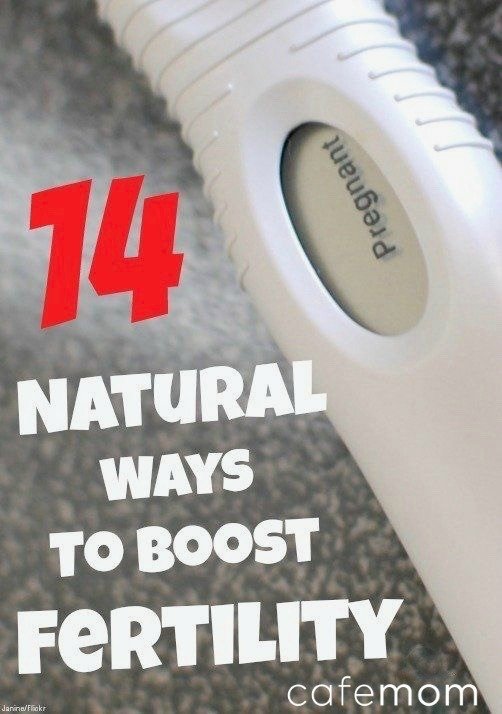
1. Avoid alcohol

Mayer recommends abstaining from alcohol, as it’s technically a toxin. Plus, “Alcohol contains calories, but no nutritional benefit,” she says. “That means it depletes your body of vitamins and minerals to be metabolized by the body. For women looking to create a nutrient-rich diet and prepare the body for pregnancy, alcohol consumption can be counterproductive.”
2. Limit caffeine

Mayer notes that too much caffeine may compromise your body’s stress response, explaining, “Caffeine consumption can result in adrenal fatigue, which should be avoided to optimize fertility and prepare the body for pregnancy.” If you don’t want to scrap your morning cup of joe, just shoot for low to moderate consumption (max of two 8-ounce cups of coffee a day), which experts say shouldn’t affect your fertility. Ultimately, cutting back now may be best, as one study showed 200 mg or more of caffeine a day doubled the risk of miscarriage.
3. Exercise

The key here is moderation. Mayer recommends women exercise “not too much or too little.” A study in Obstetrics & Gynecology concluded that women who exercised 30 minutes or more daily had a reduced risk of infertility due to ovulation disorders. Your best bet: 30 minutes a day, five times a week.
4. Prenatal vitamins
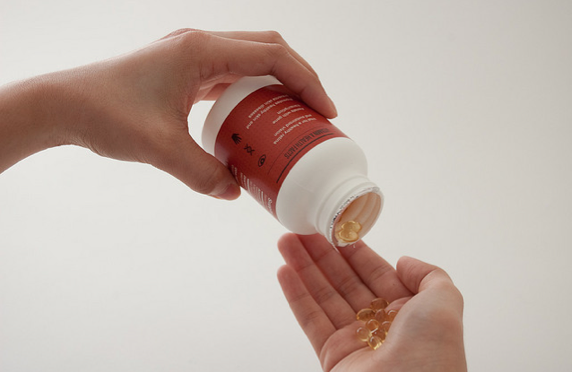
Prenatal vitamins may sound like they’re just for women who are technically, already “prenatal,” but taking them can increase your chances of conceiving, too. A study published in Fertility & Sterility found that food-based prenatal vitamins with folic acid reduced infertility. Some practitioners also advise taking 200 IU of vitamin D3 daily. (Though it’s best to consult with your primary care provider before beginning a new supplement regimen.)
5. Eat organic when possible
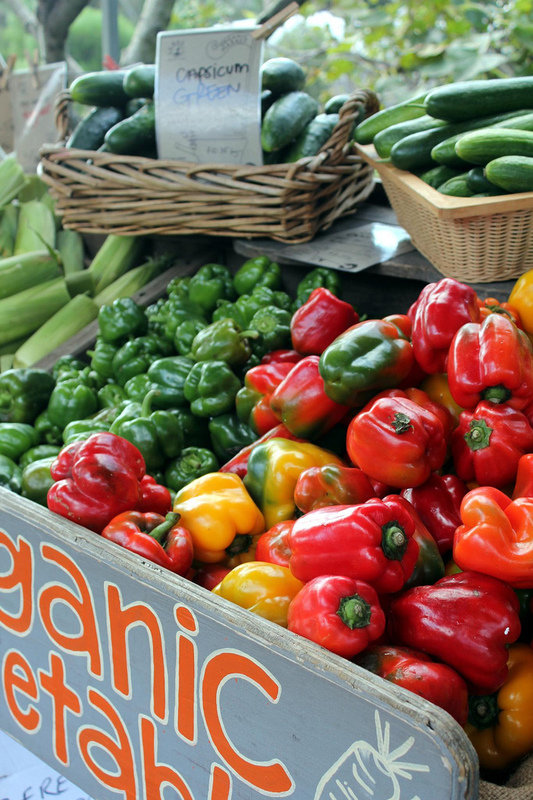
“Eat organic when possible to avoid consumption of unnecessary toxins,” recommends Mayer. At the very least, strive to steer clear of the “Dirty Dozen,” or produce known to be rife with pesticides.
6. Relaxation/yoga

Stress can take a major toll on a woman’s body and hinder pregnancy in a major way by triggering release of the “stress hormone” cortisol, which is known to suppress the reproductive system. For that reason, Mayer recommends practicing “relaxing and restorative” yoga or another form of relaxation, like meditation.
7. Acupuncture
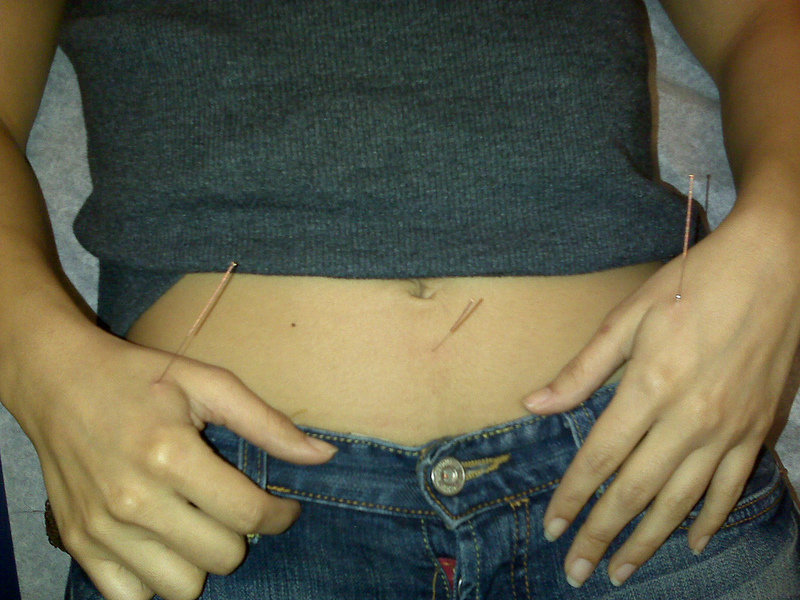
“Acupuncture can be a wonderful fertility aid, because it is a holistic practice that can treat an underlying cause of fertility challenges,” explains Mayer. “It can help with anovulation or irregular ovulation, irregular menstrual cycles, help balance hormones, infertility due to ovulation dysfunction, PCOS, and stress reduction. Simply taking the time to get a treatment, relax or meditate on the treatment tables can be benefit all by itself.”
8. Massage
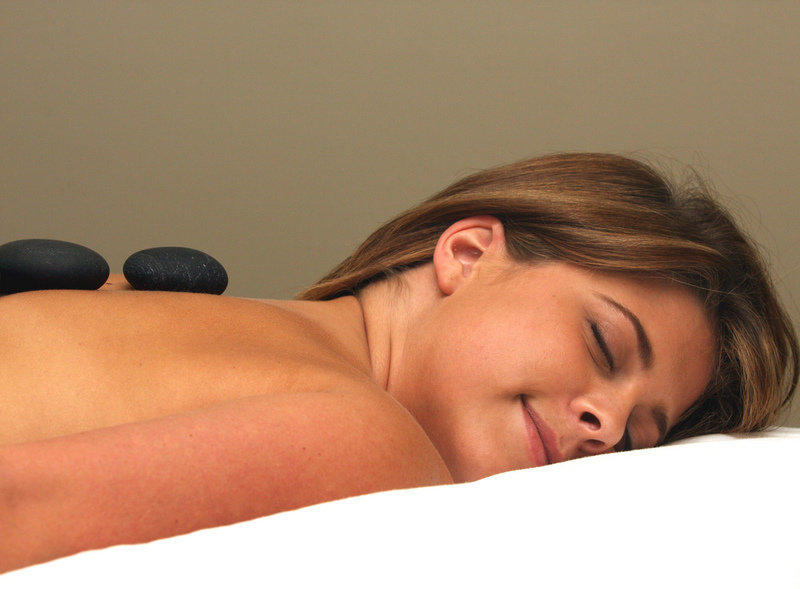
Massage is often recommended for stress relief, but Mayer notes, “Fertility challenges due to structural issues of the bladder or uterus can be greatly relieved through Mayan Abdominal Massage, a gentle massage technique used to aid the uterus into proper alignment within the pelvis. This technique is very helpful for women who have a tipped or retroverted uterus.” You can seek out a specially trained massage therapist for Mayan Abdominal Massage on arvigotherapy.com.
9. Chasteberry (Vitex agnus-castus)
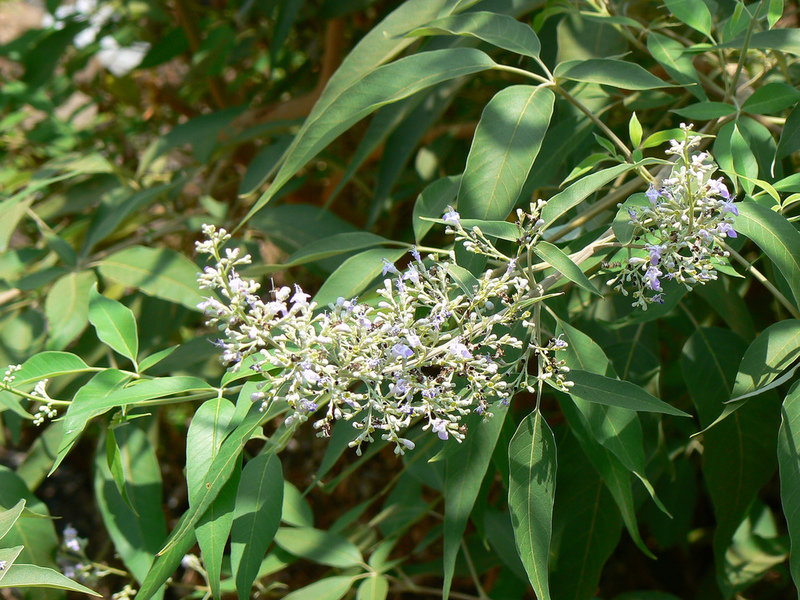
Often recommended to address PMS symptoms, this herb — available in capsules or liquid tincture — “helps aid any pituitary hormonal imbalance — follicle-stimulating hormone and luteinizing hormone, in particular — and regulates menstrual cycles,” explains Mayer. “Once pregnancy is confirmed, it should no longer be used.” Speak to your health care provider about dosing.
10. Raspberry leaf

Mayer recommends raspberry leaf as a uterine tonic that “helps develop healthy endometrial lining.” It is commonly used as a tea or an infusion (or heavily-steeped tea).
11. Maca root
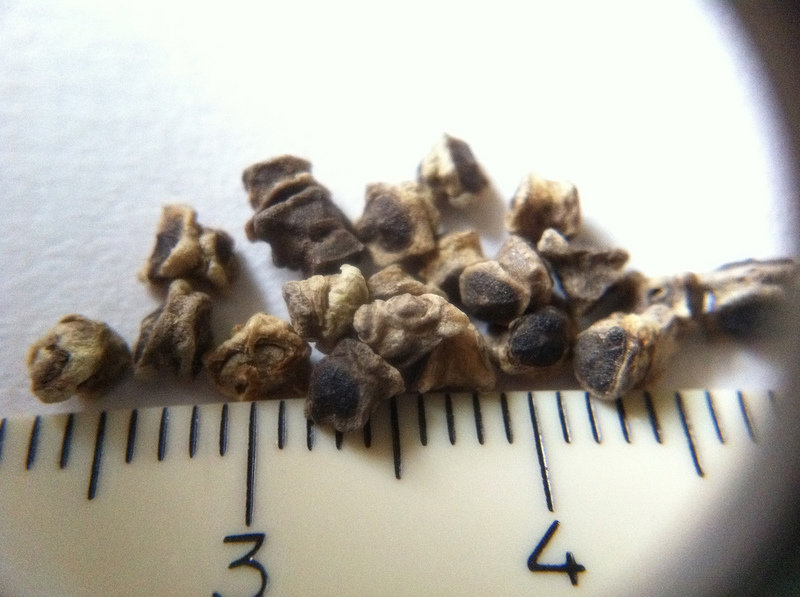
Maca root from Peru is used to improve egg health, notes Mayer. “In the powdered form, it’s easy to add to smoothies,” she says. “Maca is only advised to be used in the pre-ovulation phase of the menstrual cycle.”
12. Nettles
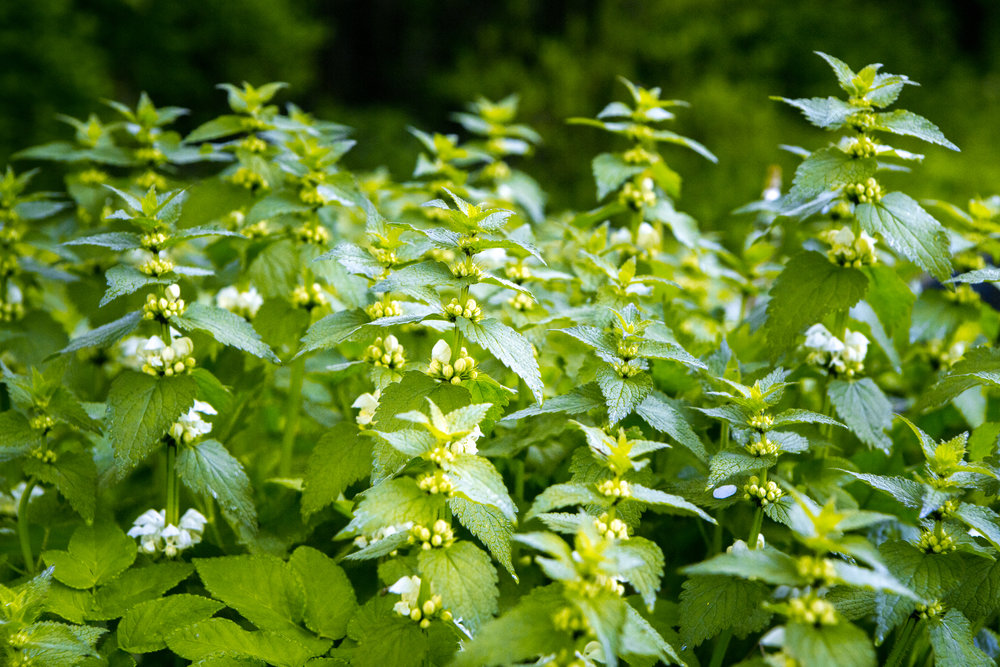
To soothe your body’s stress response, “nettles can be used as an adrenal tonic and is rich in vitamins and minerals,” explains Mayer. She advises that women work with a trained herbalist or naturopathic doctor when considering this and similar supplements.
13. Avoid sugar and artificial sweeteners
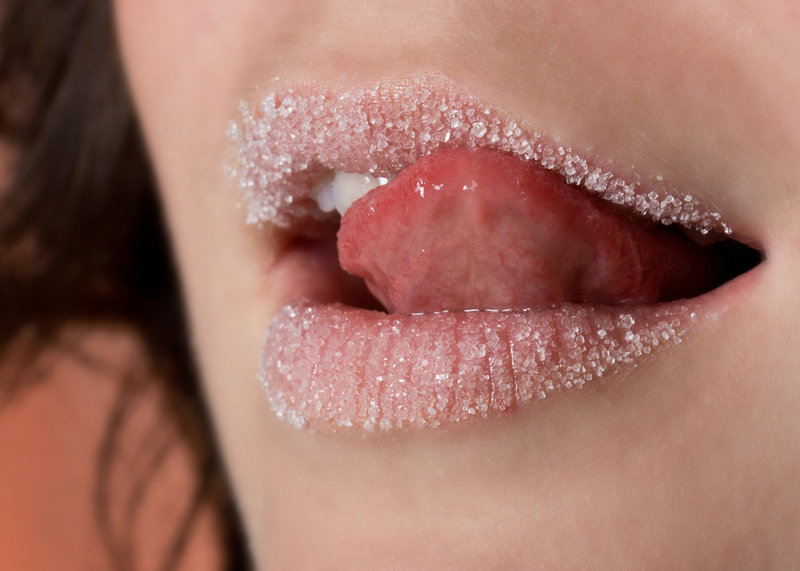
Mayer recommends steering clear of un-nourishing foods known to derail efforts to conceive, like refined sugar and chemical-based artificial sweeteners (like aspartame and sucralose). Various studies show excessive sugar can lead to insulin resistance, which disrupts fertility.
14. Healthy fats
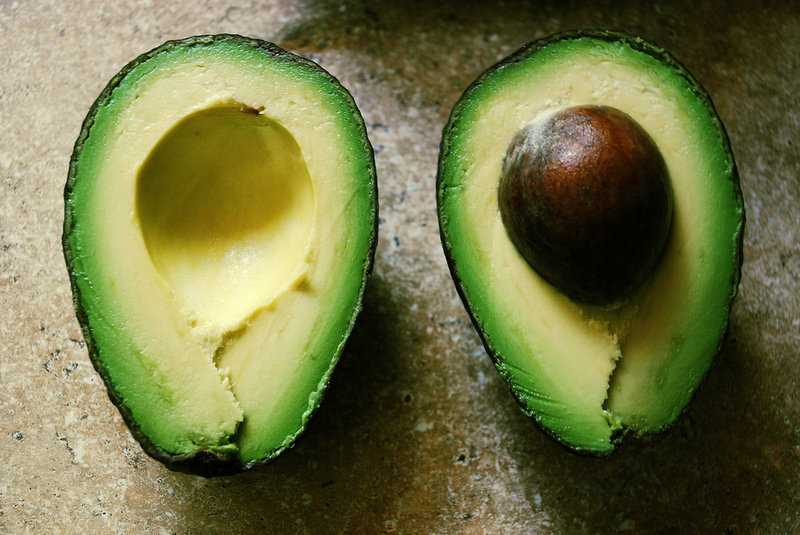
Eating healthy fats, like avocados, olive oil, coconut oil, vegetable oils, nuts, seeds, and cold water fish such as salmon and sardines all provide monounsaturated and polyunsaturated fats that help improve the body’s sensitivity to insulin and cool inflammation, two trends that are good for fertility. An eight-year study of 18,000 women found these dietary habits significantly improved fertility.




